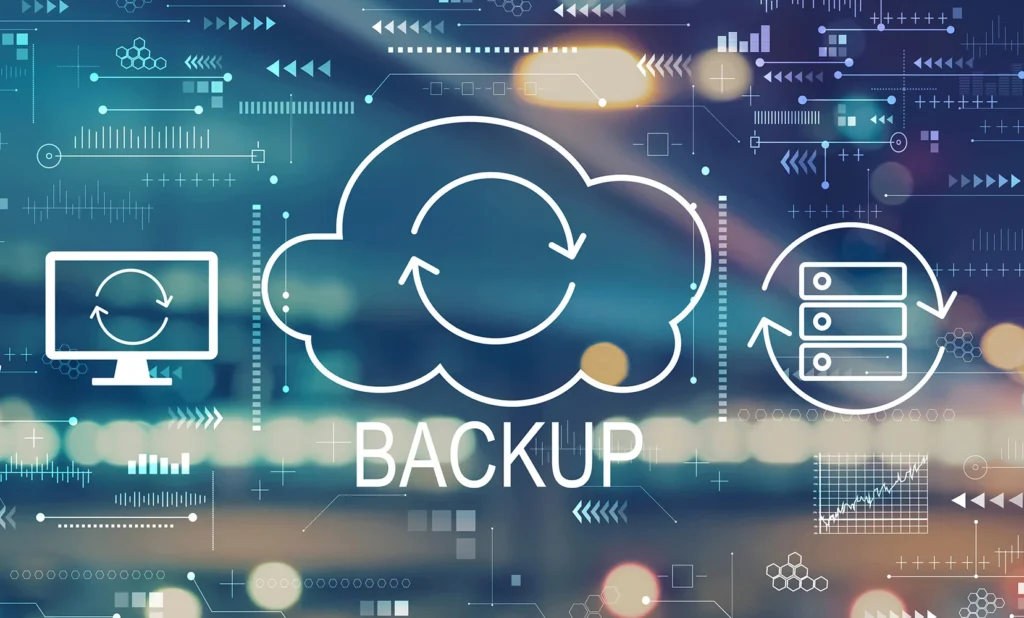Need protection for your VPS? Short answer required
- April 22, 2024
- 0
Are you considering renting a virtual server but are concerned about your security? Not sure how best to protect your VPS? This is normal. There are many options
Are you considering renting a virtual server but are concerned about your security? Not sure how best to protect your VPS? This is normal. There are many options

Are you considering renting a virtual server but are concerned about your security? Not sure how best to protect your VPS?
This is normal. There are many options in the VPS hosting market and choosing can be difficult. But don’t rush, because choosing the right hosting can be an important decision for the security of your data and your business as a whole.
When ordering a VPS you can usually choose between managed and unmanaged server:
It’s important to understand the difference between renting different types of hosting and servers (shared hosting, VPS rental, dedicated server rental) to understand what kind of infrastructure and security support you need.
VPS is based on splitting the server into several virtual subservers. The hypervisor splits the server into several VPS instances.
As a result, each part of the virtual server exists in its own independent environment. Since the hypervisor is generally not publicly accessible, security risks are reduced. For this reason, VPS systems are much more secure than shared hosting. There is no point in taking risks, so this could be one of the reasons to choose VPS.
When it comes to VPS security you should pay attention to the nuances:
Each of these subsections is an important part of VPS server security.
While no hosting is immune to hackers, VPS is one of the most secure virtualization systems. Since each VPS instance is its own, independent virtualized environment, it is similar to a dedicated server where your files, software, and operating system are isolated from other instances.
Staying true to the idea of a dedicated server, each virtual machine has its own pool of server resources. These resources are allocated as needed, and anything unused remains in a reserve pool of the host’s resources.
This way the system runs efficiently, using only the resources you actually need, saving the rest for other server applications. Users can perform this security optimization since all VPS instances remain isolated.
Although the security of the VPS system can be compromised, this is less likely than with shared hosting.
Since a VPS virtual server is more secure, many companies wonder whether a firewall is needed. The short answer is generally yes.
Network and Internet threats are becoming increasingly sophisticated. They are constantly developing new and innovative ways to access sensitive files and data. In some cases, cybersecurity practices are so bad that hackers can revive old TTPs (tactics, techniques, and procedures) to infiltrate certain bloated and open networks. Given the current state of network security, any layer of protection you can add is worth the investment.
The main reason to use a managed server Instead of an unmanaged server, a managed VPS server gives you access to a 24/7 support team. Ongoing support plays an important role in VPS security because you will have access to managed hosting experts who know exactly how to quickly react to complex situations and new types of threats.
With an unmanaged server you have no support, except for efforts to maintain the network. If you have an unmanaged server, you are responsible for your own backups and network security. This may require you to hire specialized staff, purchase specialized software, or outsource these tasks.

Working with a managed hosting provider ensures that your server is updated regularly and receives operating system updates automatically. Timely updates play an important role in the security of your VPS, as important operating system patches ensure the security of your VPS hosting server and prevent hackers from exploiting known vulnerabilities in your servers.
When a threat is detected, operating system updates are released to fix vulnerabilities on your network and prevent further attacks. If you use unmanaged hosting, you will need to install all software updates and patches yourself.
On a managed web server, you will have access to software for creating regular backups. These backup copies of your server files are typically scheduled daily to protect the latest version of your data from unexpected events or attacks.
These backups will be stored in the cloud, not on your server. If something happens to your server, you can quickly restore to the last recovery point with minimal data loss.
Important backups of the cPanel dashboard or control panel can also be configured to be stored in the cloud. In fact, many customers prefer to backup their cPanel accounts.
Unmanaged servers do not offer ready-made backup applications. This means you need to find your own backup solutions to back up your data and successfully and safely prevent possible data loss or corruption. Experienced IT professionals could potentially write their own backup scripts, but this would leave them responsible for any backup policies and procedures.
Source: IT company — Sidata.com.ua
Source: Port Altele
As an experienced journalist and author, Mary has been reporting on the latest news and trends for over 5 years. With a passion for uncovering the stories behind the headlines, Mary has earned a reputation as a trusted voice in the world of journalism. Her writing style is insightful, engaging and thought-provoking, as she takes a deep dive into the most pressing issues of our time.